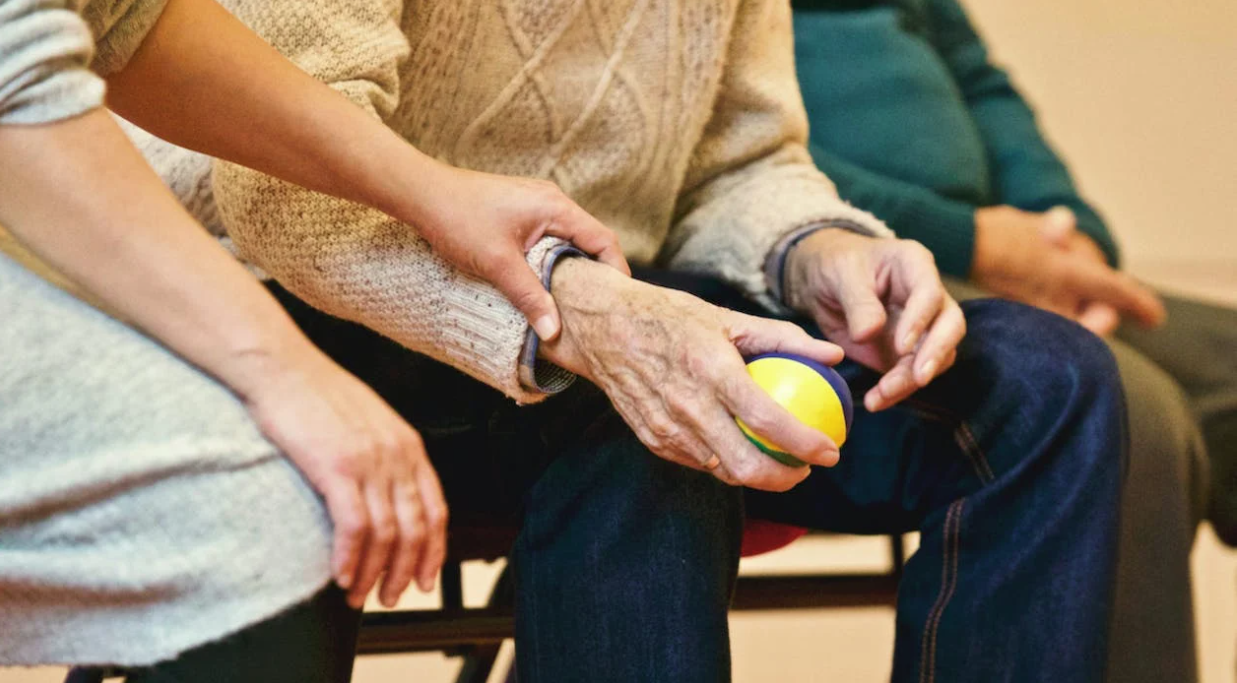Roles of In-Home Caregivers for Clients With Dementia and Alzheimer’s

If you or your loved one is living with dementia or Alzheimer’s, you understand the unique challenges they present. That’s where an experienced caregiver can truly make a difference. Home health care nyc professionals will provide you with the best in-home caregivers for your loved ones. But is this really necessary? Today, we’re going to show you how in-home caregivers play a crucial role in making sure your loved one lives a healthy life.
Put a Client With Dementia at Ease
It’s a must to create a setting where a sense of ease and comfort can be felt by your loved one. And that’s exactly what a professional in-home caregiver does. Clients with dementia often experience confusion, anxiety, and disorientation, which can lead to frustration and even agitation.
A skilled caregiver understands the importance of establishing a calm environment. Additionally, caregivers employ effective communication techniques that cater specifically to those with dementia. They use clear and concise language while maintaining patience and understanding throughout their interactions. By adapting their approach based on the individual’s unique needs, caregivers help promote feelings of safety and security.
Deal With Their Aggressive Behaviors
Dealing with aggressive behaviors is a common challenge when providing in-home care for clients with dementia and Alzheimer’s. These behaviors can range from verbal outbursts to physical aggression, and they can be both distressing and exhausting for caregivers. Professional in-home caregivers know how to remain calm and composed in the face of aggression.
It’s crucial not to take these behaviors personally or respond with anger or frustration. Instead, try to understand that the client’s behavior is a result of their cognitive decline and inability to communicate effectively. Redirecting their attention can also be helpful in diffusing aggressive situations. Engaging them in activities they enjoy or offering soothing distractions may help redirect their focus away from the source of frustration.
Provide Cognitive Activities for Memory Exercise
As an in-home caregiver for clients with dementia and Alzheimer’s, one of the crucial roles you play is providing cognitive activities for memory exercise. These activities help stimulate the brain and keep the client engaged, which can slow down the progression of their condition.
These activities include reminiscing about past experiences, puzzle solving, and even engaging in creative arts. Speaking of engaging in creative arts, this also has numerous benefits. Painting, drawing, or even coloring can be a therapeutic way for clients to express themselves and engage different parts of their brains. It’s not about creating a masterpiece; it’s about enjoying the process.
Evoke Happy Memories and Explore New Ones
 When working with someone who has memory loss, it’s important to tap into their past experiences by using familiar objects or engaging in activities they used to enjoy. This could be as simple as looking through old photo albums together or playing music from their favorite era.
When working with someone who has memory loss, it’s important to tap into their past experiences by using familiar objects or engaging in activities they used to enjoy. This could be as simple as looking through old photo albums together or playing music from their favorite era.
By doing so, you are not only evoking happy memories but also providing a sense of familiarity and reassurance.
In addition to reminiscing about the past, it’s crucial to explore new experiences that can stimulate memory parents or any other affected person. This could involve trying out different hobbies or activities that the client hasn’t tried before. Whether painting, gardening, or even learning a new language, these activities provide mental stimulation while creating new positive memories.
Being an in-home caregiver for clients with dementia and Alzheimer’s is a challenging yet rewarding role. These caregivers play a crucial part in providing the necessary support and assistance to help their clients navigate through the difficulties associated with these conditions.


